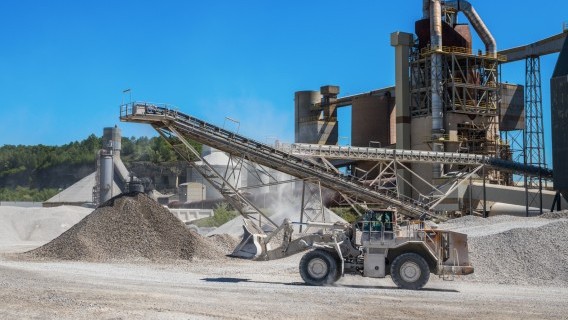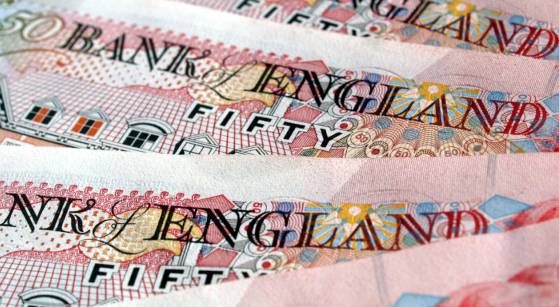|
The small increase in industrial production in April leaves industry vulnerable to a decline in the second quarter as supply chain problems and weakening demand become dominant themes again
|

| A factory in the Netherlands |
|
As we await the outcome of the European Central Bank's unscheduled meeting to discuss 'current market conditions', we take in some of the latest data on the economy. The ECB has committed to hikes in July and September to stave off high inflation, but the eurozone economy itself remains weak at best at the moment. Industrial production data for April confirms this as the increase of 0.4% leaves production below the first quarter average.
The small increase was driven by most of the larger countries with Germany, Spain, Italy, and the Netherlands all seeing production grow faster than average. France saw a small decline of -0.1%. Across production categories, only capital goods production shrank a little while most of the others improved.
Overall, the environment for industry remains lacklustre. It is still dealing with large amounts of backlogs that guarantee production for the months ahead, but supply chain problems continue to cause delays for certain product groups. At the same time, demand is weakening as new orders are falling according to the most recent surveys on eurozone industry. Input price inflation, which is barely abating, adds to the squeeze that manufacturing businesses find themselves in for now.
In addition to industry data, trade data has also just been released. The trade in goods balance dropped much more than expected to -31.7 billion on a seasonally adjusted basis. The trade balance has deteriorated quickly thanks to high energy prices due to the war and this adds to euro weakness right now.
|
|
| Read this article on THINK |
Tags
GDP Eurozone
Disclaimer
This publication has been prepared by ING solely for information purposes irrespective of a particular user's means, financial situation or investment objectives. The information does not constitute investment recommendation, and nor is it investment, legal or tax advice or an offer or solicitation to purchase or sell any financial instrument. Read more












![Warsaw Stock Exchange: Brand24 (B24) - 1Q23 financial results Turbulent Q2'23 Results for [Company Name]: Strong Exports Offset Domestic Challenges](/uploads/articles/2022-FXMAG-COM/GPWA/gpw-s-analytical-coverage-support-programme-wse-2-6311cd4191809-2022-09-02-11-30-41-63175bda84812-2022-09-06-16-40-26.png)









![Warsaw Stock Exchange: Brand24 (B24) - 1Q23 financial results Turbulent Q2'23 Results for [Company Name]: Strong Exports Offset Domestic Challenges](https://www.fxmag.com/media/cache/article_small_filter/uploads/articles/2022-FXMAG-COM/GPWA/gpw-s-analytical-coverage-support-programme-wse-2-6311cd4191809-2022-09-02-11-30-41-63175bda84812-2022-09-06-16-40-26.png)


